SUMMARY
This is AI generated summarization, which may have errors. For context, always refer to the full article.
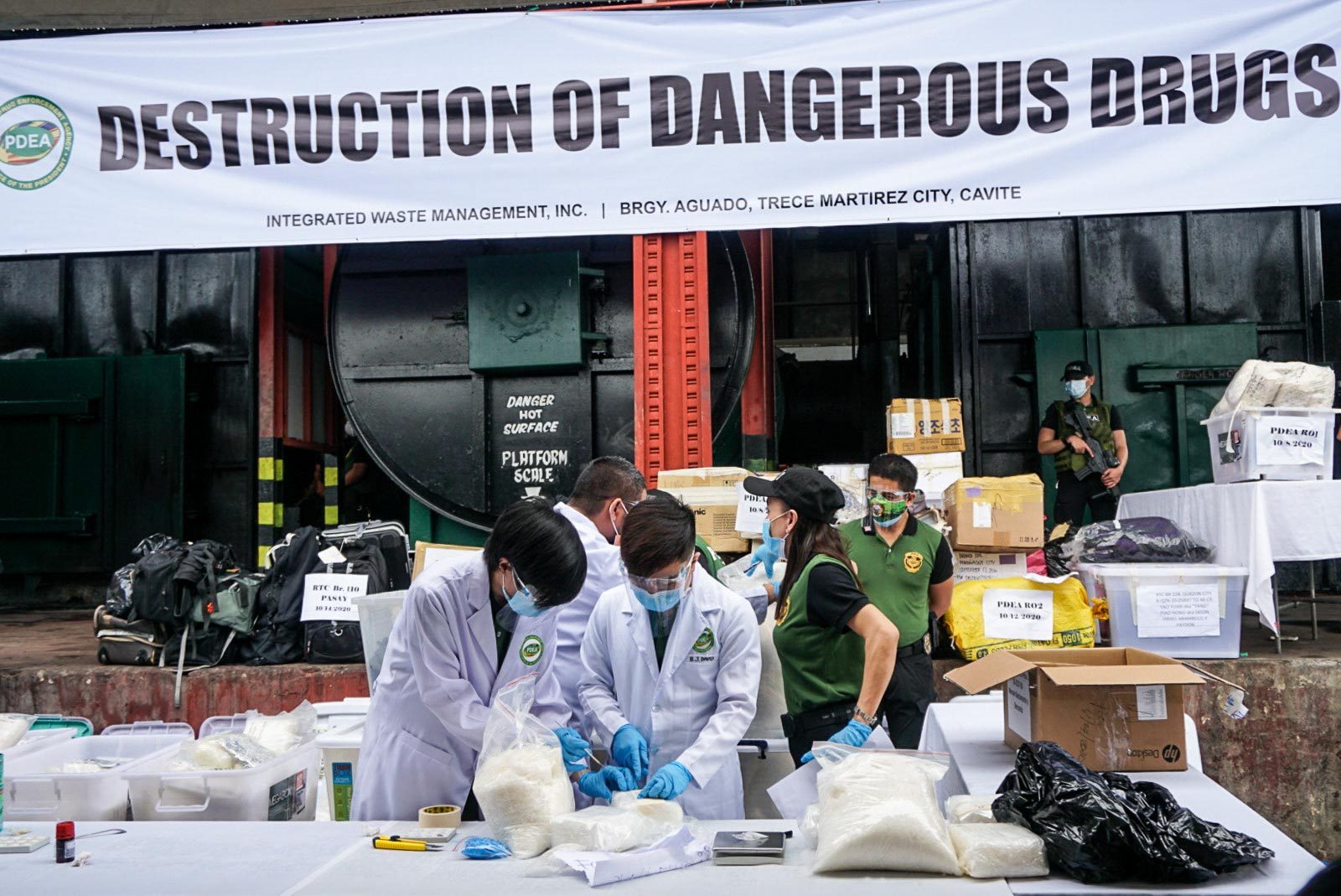
There’s one sector that has skillfully adapted to the mobility restrictions during the pandemic: the drug syndicates. They are agile, taking advantage of porous borders in East and Southeast Asia.
In its recently released 2020 report, the United Nations Office on Drugs and Crime (UNODC) found that the trafficking of methamphetamine in the region grew as the market expanded.
Myanmar remained the main source of this synthetic drug but Cambodia is becoming a large-scale manufacturer, showing that organized crime has been tapping into other supply lines. Moreover, several trafficking routes have emerged, the UNODC report said, with Laos surfacing as a transit center.
Where does the Philippines fit in this growing trade? We are both a destination and transit country. The porous borders plus the number of islands make surveillance difficult.
More shabu seized
It’s been five years since President Duterte unleashed his bloody drug war but there’s little to show for it. Crystalline methamphetamine – or shabu, as we call it – continues to spread in the country, the dominant drug of choice.
Here are data on the Philippines from the UNODC:
- In 2020, the quantity of shabu that was seized, 2,196 kilograms, exceeded the 2019 record (2,071).
- More than 45,000 individuals were arrested for drug use in 2020, a decline from about 60,000 in 2019.
- More than 2,000 were admitted for drug treatment in 2020, much lower than in 2019 (5,000) because of COVID-19 restrictions, particularly “the suspension of admission during the height of the pandemic and a shift in government priorities, from rehabilitation to COVID-19 response.”
It is likely that the fewer arrests of suspected drug users in 2020 was due to the pandemic as well, with police attention diverted to quarantine violators.
‘Balanced’ approach
I spoke to Olivier Lermet, senior advisor of the UNODC for Southeast Asia and the Pacific, to gain more insights on the illicit drug trade in the region. Olivier, who is based in the Philippines, was formerly with the regional UNODC office in Bangkok.
He stressed the importance of a “balanced” approach to the drug problem, where both demand and supply are addressed. Following the money trail is key as organized crime groups launder their money through legitimate businesses like casinos. They have also set up front companies where their illegal funds find safe harbor.
For the Philippines, however, the UNODC has not found evidence linking drug money to casinos.
In addition, a much more robust cooperation in law enforcement among countries is equally vital, Olivier said.
The health dimension should not be overlooked, including treatment of physical and mental health. “Many [shabu users] don’t need to be confined,” Olivier pointed out. “They can be handled as out-patients since only one out of 10 needs intense treatment.”
Unfortunately, Duterte’s views on drug addiction are not based on evidence, making his response to the problem extremely narrow. He has said that shabu users are beyond rehabilitation. “The problem is once you’re addicted to shabu, rehabilitation is no longer a viable option,” he said in 2016.
Paulyn Ubial, then health secretary, posed a contrary opinion. She said in an interview that illicit drug use is a “public health emergency.” But this seemed to be a minority view in the Cabinet: Duterte’s rhetoric on killing drug users drowned out other voices.
Today, even without Duterte’s say-so, the Philippines has been expanding its community-based treatment of drug dependents. Olivier said that his office has been working with government and civil society to promote this best practice.
According to the UNODC, community-based treatment is an integrated approach that aims to “encourage behavior change directly in the community and actively involve local organizations, community members and target populations.”
One vocal advocate of this approach, rooted in communities, is Vice President Leni Robredo. She has been speaking up on this strategy, an antithesis to Duterte’s brutal drug war.
Drug abuse is a multi-faceted problem, as we know, and one huge chunk has to do with criminal justice, including sanctions for minor drug offenders and reforms in the prison system. We cannot expect changes now, in the last year of President Duterte, but this should be a campaign issue for 2022 – and a priority of the next administration.
Watch the interview with Olivier here for more takeaways:

Add a comment
How does this make you feel?
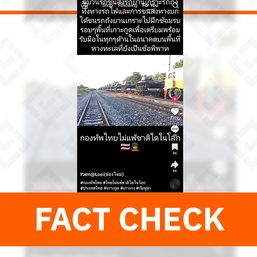
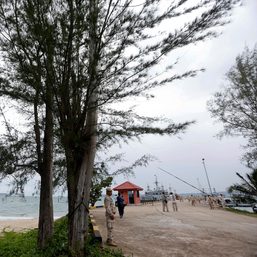
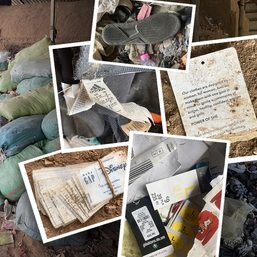
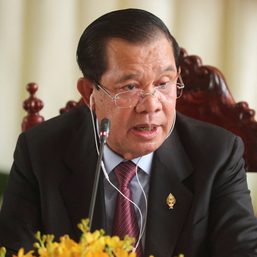
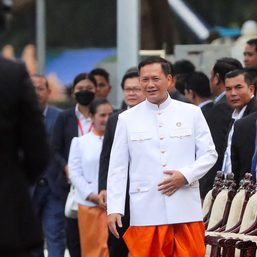
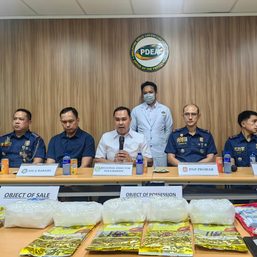
![[WATCH] Mary Jane Veloso’s mother pleads Marcos, Jokowi anew: Free my daughter](https://www.rappler.com/tachyon/2024/01/mary-jane-veloso-cesar-celia-protest-clemency-january-10-2024-005-scaled.jpg?resize=257%2C257&crop=717px%2C0px%2C1706px%2C1706px)
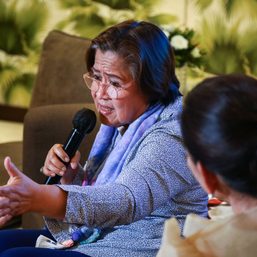
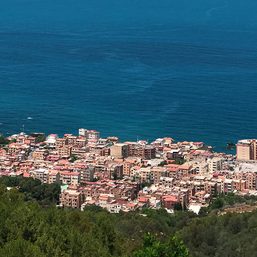
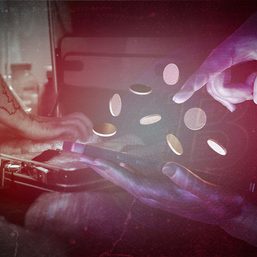
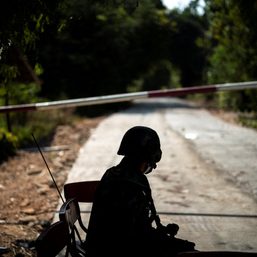
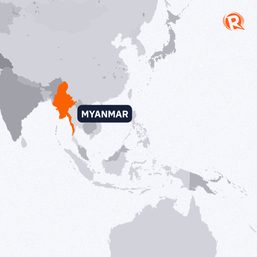

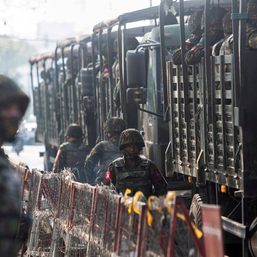
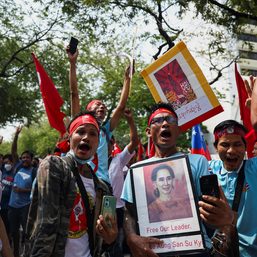
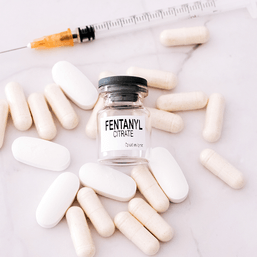
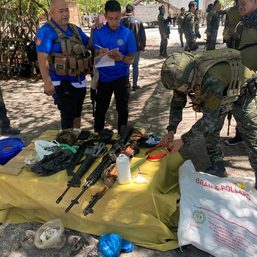
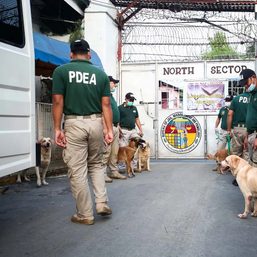
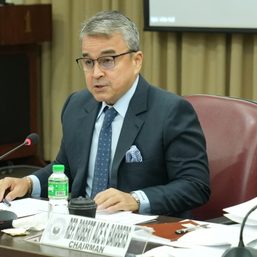

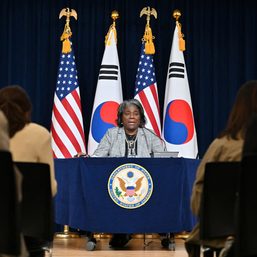

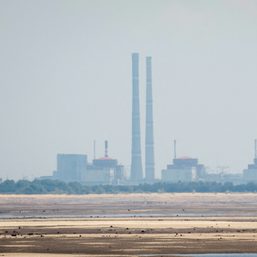
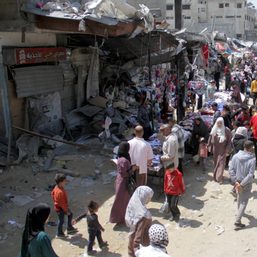

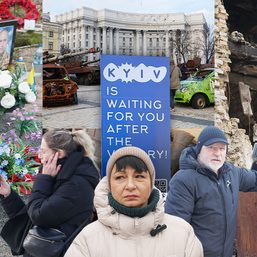
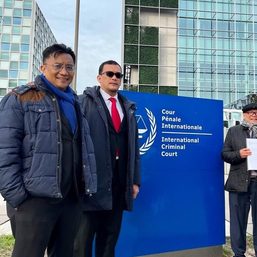
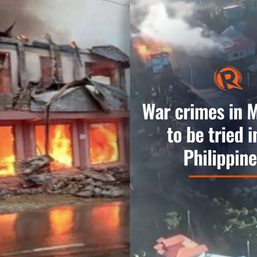
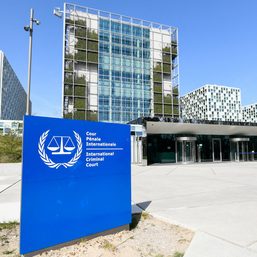
There are no comments yet. Add your comment to start the conversation.